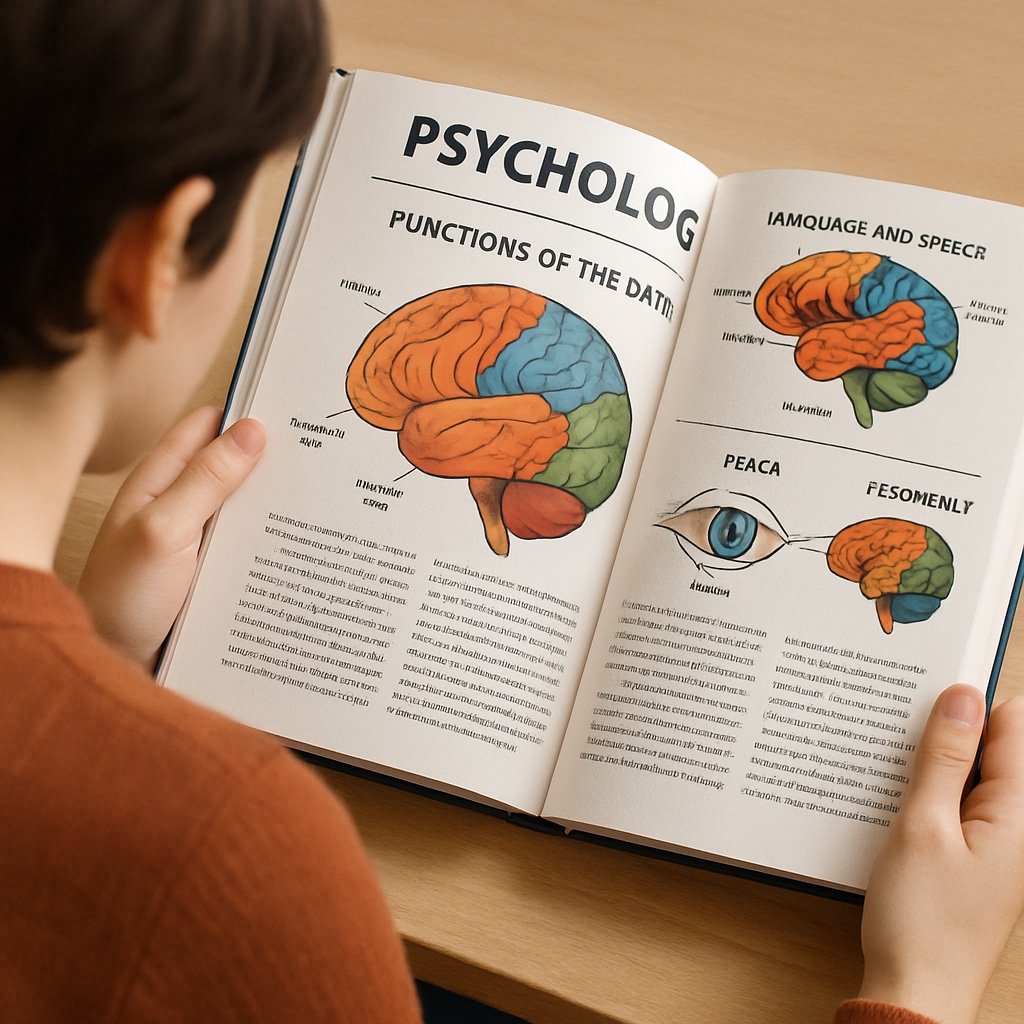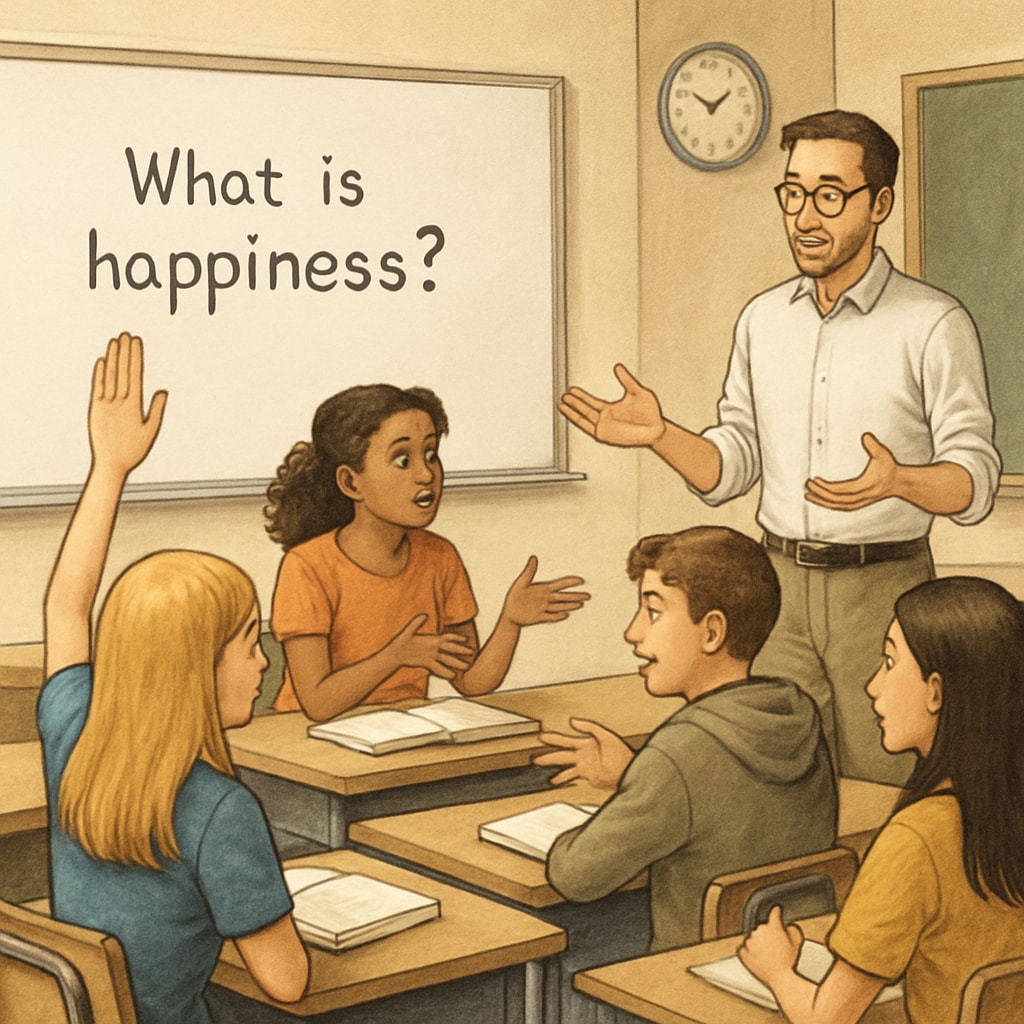Introducing psychology and philosophy during the K12 years can shape a child’s ability to think critically and develop a healthy set of values. By utilizing thoughtfully selected self-learning resources, parents and educators can inspire children to explore these profound disciplines in non-academic settings. This article delves into accessible resources and practical methods to help young learners embark on their journey in understanding the human mind and philosophical inquiry.
Why Start with Psychology and Philosophy in K12 Education?
Psychology (the study of the mind and behavior) and philosophy (the study of the fundamental nature of knowledge, reality, and existence) offer essential tools for understanding the world and oneself. Introducing these subjects early can help children develop critical thinking, problem-solving skills, and emotional intelligence. For instance, psychological concepts like emotional regulation and philosophical ideas about ethics can empower students to make informed decisions and navigate complex situations.
Furthermore, both fields encourage curiosity and open-mindedness. By asking “why” and “how,” children learn to approach life with a sense of wonder and a desire to understand deeper truths. This is especially valuable in today’s fast-paced, information-rich world.

Top Self-Learning Resources for Young Minds
Finding the right resources to introduce psychology and philosophy can be a challenge. Below, we outline some beginner-friendly options for students and parents:
- Books: Titles like “The Little Book of Psychology” by Emily Ralls or “Sophie’s World” by Jostein Gaarder offer engaging introductions to these subjects. They simplify complex concepts for young readers.
- Podcasts: Shows like “Psychology in Everyday Life” and “The History of Philosophy Without Any Gaps” provide bite-sized insights that are perfect for busy students.
- Online Platforms: Websites such as Khan Academy and Coursera offer free or affordable courses tailored to beginners.
- Interactive Tools: Apps like “Headspace” (for mindfulness and emotional understanding) and “Deepstash” (for philosophical ideas) make learning fun and accessible.
Parents and educators can explore these resources alongside their children, fostering a shared learning experience.

Practical Tips for Introducing Philosophy and Psychology
To successfully introduce these disciplines to young learners, consider the following strategies:
- Start with Questions: Encourage children to ask open-ended questions like “What makes people happy?” or “Why do we think the way we do?” This sparks curiosity and lays the groundwork for deeper exploration.
- Connect to Everyday Life: Relate concepts to real-life experiences. For example, discuss how understanding emotions can improve friendships or how ethical dilemmas appear in movies and books.
- Make It Interactive: Use games, group discussions, and role-playing activities to make abstract ideas tangible.
- Model Critical Thinking: Demonstrate how to evaluate arguments, consider multiple perspectives, and make informed decisions.
By creating a supportive environment, children are more likely to engage with these topics enthusiastically.
The Long-Term Benefits of Early Exposure
Integrating psychology and philosophy into early education fosters lifelong skills. These subjects teach students how to analyze information critically, empathize with others, and reflect on their own beliefs. As a result, they grow into thoughtful, resilient individuals who can adapt to the complexities of modern life.
Moreover, these disciplines complement traditional education by promoting interdisciplinary thinking. For example, understanding psychological principles can enhance performance in science and literature, while philosophical reasoning strengthens abilities in mathematics and debate.
In conclusion, introducing psychology and philosophy to K12 students is a rewarding endeavor. With the right resources and methods, parents and educators can inspire a love for learning that lasts a lifetime.
Readability guidance: Use short paragraphs and lists to summarize key points; keep passive voice and long sentences to a minimum; incorporate transition words like “however,” “in addition,” and “for example” throughout the text.


